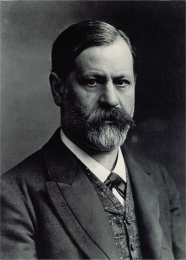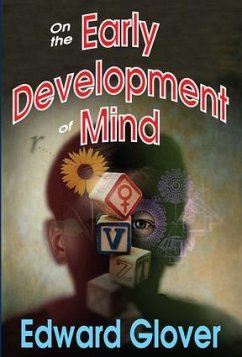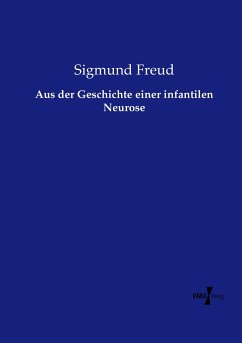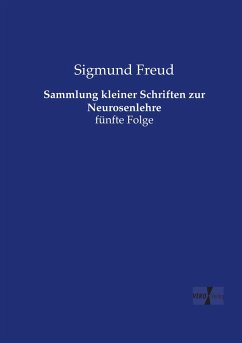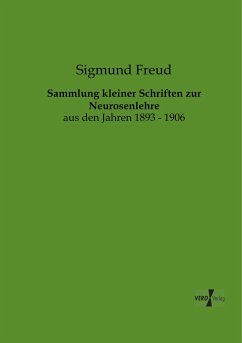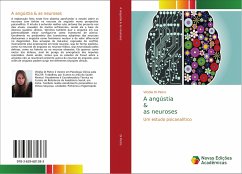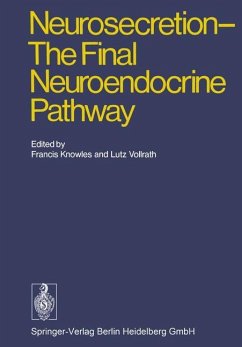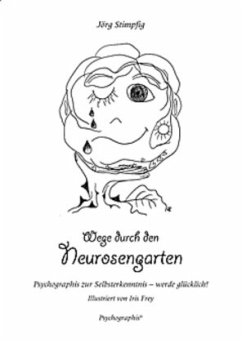
Psycho - Analysis and the War Neuroses
Versandkostenfrei!
Versandfertig in 6-10 Tagen
19,90 €
inkl. MwSt.

PAYBACK Punkte
0 °P sammeln!
"Many medical men, who had previously held themselves aloof from psycho - analysis, have been brought into close touch with its theories through their service with the army compelling them to deal with the question of the war neuroses. The reader can easilygather from Ferenczi's contribution to the subject with what hesitation and misgivings this advance was made. Some of the factors, such as the psycho-genetic origin of the symptoms, the significance of unconscious impulses, and the part that the primary advantage of being ill plays in the adjusting psychical conflicts ("flight into disease")...
"Many medical men, who had previously held themselves aloof from psycho - analysis, have been brought into close touch with its theories through their service with the army compelling them to deal with the question of the war neuroses. The reader can easily
gather from Ferenczi's contribution to the subject with what hesitation and misgivings this advance was made. Some of the factors, such as the psycho-genetic origin of the symptoms, the significance of unconscious impulses, and the part that the primary advantage of being ill plays in the adjusting psychical conflicts ("flight into disease"), all or which had long before been discovered and described as operating in the neuroses of peace time, were found also in the war neuroses and almost generally accepted.
The war neuroses, in so far as they differ from the ordinary neuroses of peace time through particular peculiarities, are to be regarded as traumatic neuroses, whose existence has been rendered possible or promoted through an ego-conflict. In Abraham's contribution there are plain indications of this ego-conflict; the English and American authors whom Jones quotes have also recognised it. The conflict takes place between the old ego of peace time and the new war-ego of the soldier, and it becomes acute as soon as the peace-ego is faced with the danger of being killed through the risky undertakings of his newly formed parasitical double." [...]
This book on psycho - analysis and war neuroses is a reprint of the originally published book from 1921.
gather from Ferenczi's contribution to the subject with what hesitation and misgivings this advance was made. Some of the factors, such as the psycho-genetic origin of the symptoms, the significance of unconscious impulses, and the part that the primary advantage of being ill plays in the adjusting psychical conflicts ("flight into disease"), all or which had long before been discovered and described as operating in the neuroses of peace time, were found also in the war neuroses and almost generally accepted.
The war neuroses, in so far as they differ from the ordinary neuroses of peace time through particular peculiarities, are to be regarded as traumatic neuroses, whose existence has been rendered possible or promoted through an ego-conflict. In Abraham's contribution there are plain indications of this ego-conflict; the English and American authors whom Jones quotes have also recognised it. The conflict takes place between the old ego of peace time and the new war-ego of the soldier, and it becomes acute as soon as the peace-ego is faced with the danger of being killed through the risky undertakings of his newly formed parasitical double." [...]
This book on psycho - analysis and war neuroses is a reprint of the originally published book from 1921.



